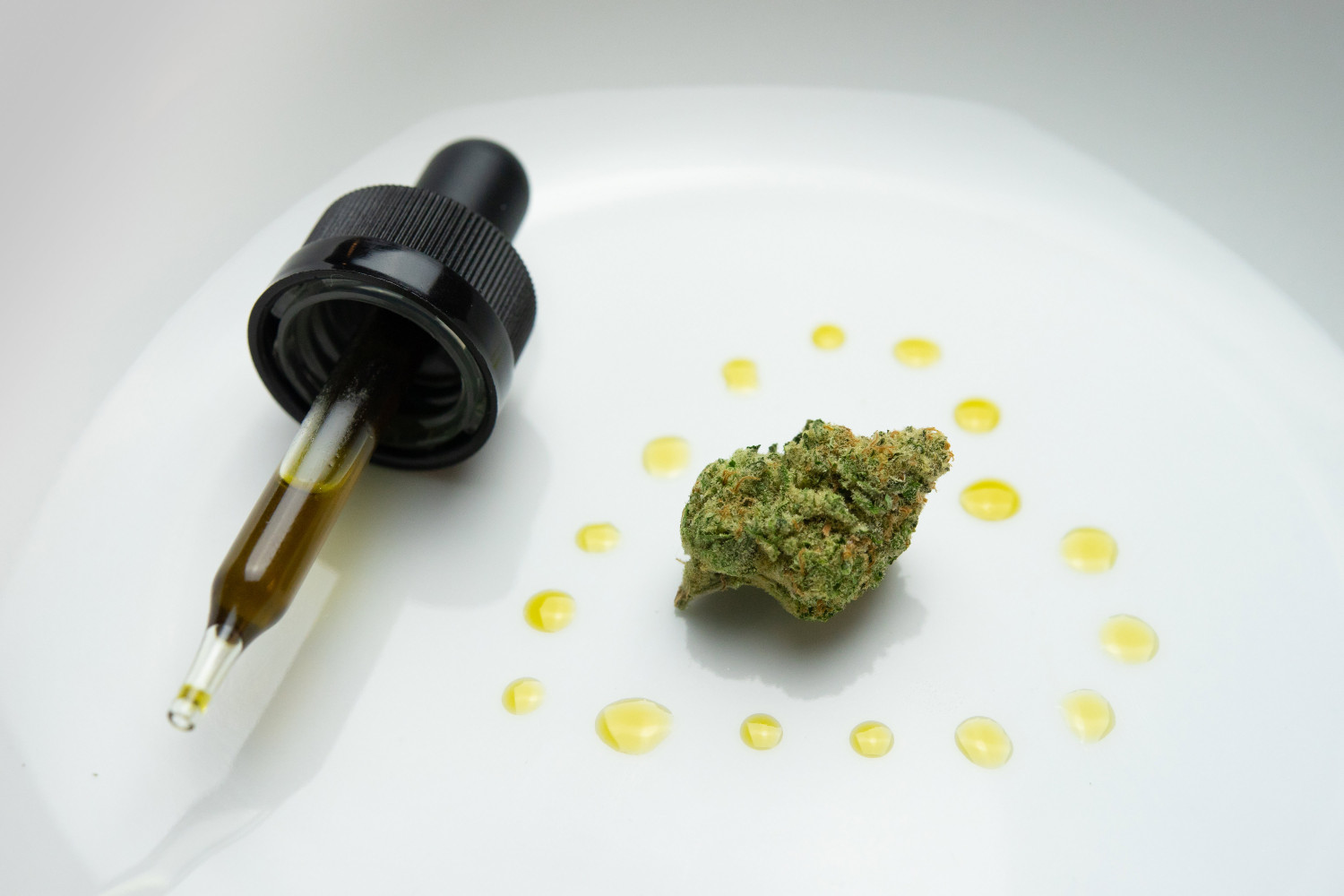The recent boom in CBD-related products has been undeniable. The cannabis-derived chemical compound now appears in damn near every consumable product imaginable. A large part of CBD’s rising stardom is the plethora of ailments that it can tackle. CBD can have positive effects on individuals suffering from anything from mild arthritic pain to debilating neurological conditions. However, recent studies have shown that there may be yet another arena in which CBD could prove useful: opioid addiction.
Nowadays, one of the largest issues facing America is its crippling addiction to opioids. The issue has received a torrent of media coverage in recent history as it continues to amass a staggering body count. Additionally, for those who suffer from opioid addiction, the road to recovery is long, painful, and filled with roadblocks.
Where Does CBD Come In?
The opioid epidemic is such that it’s difficult to find someone who has not experienced it first or secondhand. Due to this, most people are aware of the day-to-day struggles addicts face on a regular basis. As a result, any news regarding potential relief from those ailments is good news and, according to the American Journal of Psychiatry (AJP), CBD may be the source of some great news for those who suffer from opioid addiction.
Among all opioid withdrawal symptoms, craving and anxiety can often be the longest lasting. For many addicts, exposure to drug-related material can trigger cravings for a lifetime. The cravings that come with exposure to “drug cues,” as these triggers are called, can easily lead to anxiety. A study published by AJP showed evidence that CBD can help alleviate these nagging symptoms. During the study, some patients took multiple concentrated doses of cannabidiol over a 10-day period. Conversely, the remaining patients took a placebo. Amazingly, the patients consuming the CBD doses reported far-lower instances of anxiety and craving resulting from drug cues than the patients receiving placebos.
However, the benefits went beyond patient-reported feedback, which can oftentimes be inconclusive and inconsistent. Luckily, there was another way that researchers measured CBD’s potential. A state of anxiety has certain physiological symptoms that accompany it. Among those symptoms are an increased heart rate and raised cortisone levels. The ASJ study demonstrated that CBD has a significant impact on these symptoms. This goes to show that the effects of CBD on addiction patients could be physically verifiable. Because of this, the potential for CBD to help fight opioid addiction may be moving beyond the hypothetical.
What Now?
Unfortunately, the study done by ASJ is not conclusive on its own. Currently, the findings only indicate that there is a strong possibility that CBD can fight these addiction-related symptoms. The authors are quick to note that further research is needed in order to fully understand CBD’s true potential on this front. Also, even with sufficient research and evidence backing its use, CBD would face an uphill climb. The FDA has been slow to allow the research and implementation of CBD as a medicinal asset. In fact, it is one of the loudest voices against the wanton use of CBD as a measure of self-medication.
Despite all this, those who suffer at the hands of opioid addiction should tentatively accept the small measure of good news that this study represents. Given the rate at which society continues to normalize and incentivize the production of CBD products, a future in which it is used to fight the hardships felt by opioid addicts may be well within reach.







